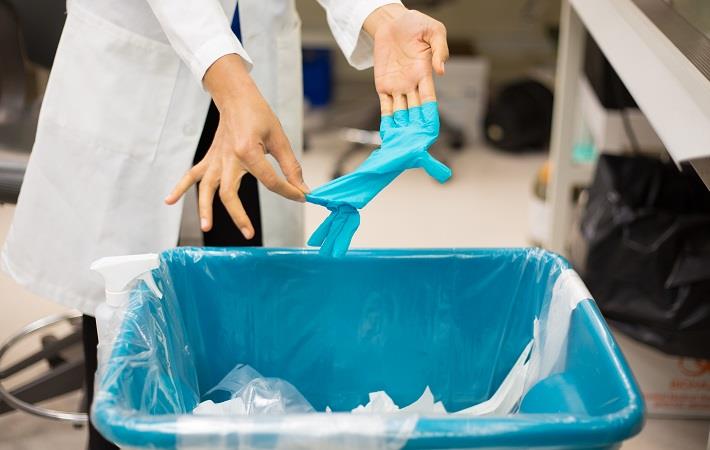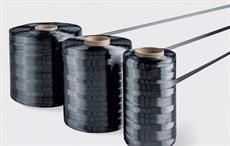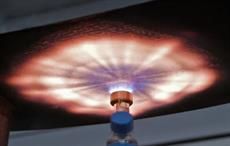Brussels-based EDANA, the International Association Serving the Non-wovens and Related Industries, recently sent a letter to the European Commission requesting its support in working with member states to ensure all production units where disposable hygiene and medical products are manufactured are kept fully operational in the interest of public health.
The availability of such products to the general public, hospitals and care homes is an essential element in the fight against COVID-19, EDANA said in a statement.Brussels-based EDANA, the International Association Serving the Non-wovens and Related Industries, recently sent a letter to the European Commission requesting its support in working with member states to ensure all production units where disposable hygiene and medical products are manufactured are kept fully operational in the interest of public health.#
EDANA members are active in the different sectors, including medical and healthcare, protective clothing, disinfectant and anti-bacterial wipes, and absorbent hygiene products.
The European Commission’s voluntary Joint Procurement Agreement with member states, and the United Kingdom and Norway, enables the joint purchase of such equipment and supplies, the commission said on its website.
The Commission launched four different calls for tender for medical equipment and supplies—on February 28 (gloves and surgical gowns), on March 17 (personal protective equipment for eye and respiratory protection, as well as medical ventilators and respiratory equipment), and on March 19 (laboratory equipment, including testing kits)—with participation of up to 25 member states.
In response to the first call, the Commission has received offers that can match the requests. Evaluations have finished and contracts are expected to be signed in the coming weeks, the Commission said.
When conducting joint procurements, the European Commission has a coordinating role, while the Member States purchase the goods.
The Commission and the European Standardisation Organisations agreed on March 20 that all the relevant European harmonised standards will exceptionally be made freely and fully available for all interested companies. This action will help both EU and third-country companies to manufacture these items without compromising on our health and safety standards and without undue delays.
On March 24, the Commission adopted decisions on revised harmonised standards that will allow manufacturers to place on the market high performing devices to protect patients, health care professionals and citizens in general. The revised standards play a pivotal role because they relate to critical devices such as medical facemasks, surgical drapes, gowns and suits, washer-disinfectors or sterilisation, the Commission said.
On March 30, the Commission announced that it will be making guidance available in three areas to assist manufacturers in increasing the output of essential medical equipment and material.
The harmonised standards will cover equipment such as medical facemasks, personal eye protection, medical gloves, protective clothing as well as respiratory protective devices.
Earlier on March 19, as an additional safety net, the Commission proposed creating a strategic rescEU stockpiling—a common European reserve—of medical equipment like ventilators, personal protective equipment, reusable masks, vaccines and therapeutics and laboratory supplies. The Commission will finance 90 per cent of the costs of the stockpiling and will manage the distribution of the equipment to ensure it goes where it is needed most.
Fibre2Fashion News Desk (DS)


